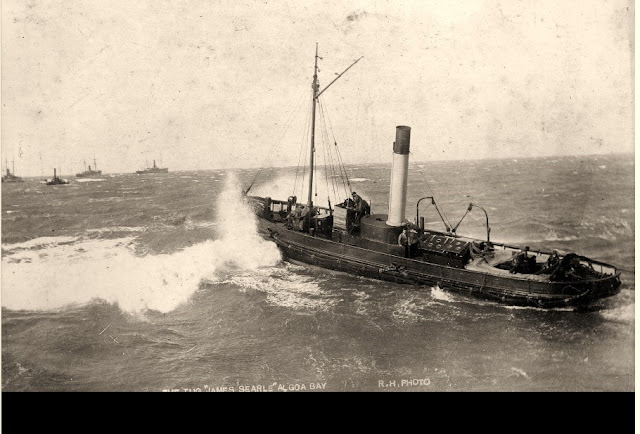SAHRA Maritime and Underwater Cultural Heritage

James Searle, Algoa Bay, South Africa
September 14:
“This day in our shipwreck and aeronautical wreck history”
1870: Hemba (or Hecuba), this iron vessel foundered after striking a rock in Struisbaai in the Western Cape.
1876: Enfants Nantais, this French sailing barque wrecked on Back Beach in Durban in KwaZulu-Natal after its cables parted in an east-north-easterly gale.
1880: Phoebe, this wooden lighter wrecked after striking the bar in Durban in KwaZulu-Natal.
1880: Strathmore, this sailing barque was abandoned on this day off Duiker Point near Hout Bay in the Western Cape. Owing to bad weather, it had started leaking and its steering became unmanageable. It foundered shortly after being abandoned.
1950: Quoin, this whaler was scuttled off Robben Island in Table Bay in the Western Cape.
1996: Iolcos Victory, this 74 000-ton Cypriot ore carrier foundered about 200 km off Cape St. Francis in the Eastern Cape. It had flooded in its no. 1, 2, and 3 holds. Of the crew of 25, sixteen were saved by a Japanese fishing vessel, five were lifted by helicopter to Port Elizabeth for medical care, and four, including the captain were never seen again.
Aerial photo/video service/inquiries: info@traveltonamibia.com






